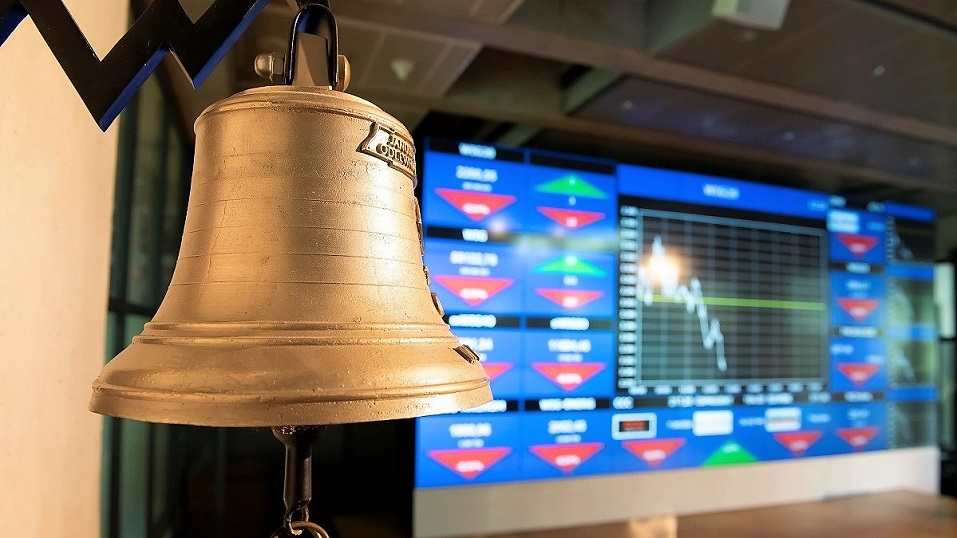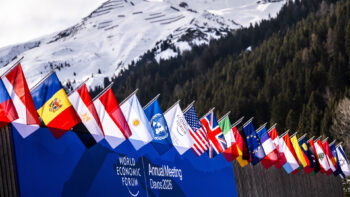The latest iPhone 17 has debuted in Russian shops , and pre-order data shows consumers’ unwavering attachment to the Apple brand, despite its official withdrawal from the market and growing economic barriers. The scale of the phenomenon is best captured by a report from the Restore: network, which reported a 66% increase in pre-orders compared to last year.
This performance is significant in the context of Russia’s current economic situation, struggling with the highest interest rates in two decades and a significant budget deficit. Despite this, demand for luxury electronics appears resilient to the wider downturn.
New iPhone models enter the Russian market through a mechanism known as parallel import. It allows products to be imported without the manufacturer’s consent, but involves additional logistical costs that are passed on to the end customer.
As a result, device prices are significantly higher than in Western markets. For example, the base 256GB iPhone 17 model costs Restore: RUB 119,990 (approx. USD 1,437). This is 57% more than the retail price in the US and 29% more than in the UK.
Despite the high price and functional limitations, such as the lack of official support for Apple Pay, the brand maintains a strong position. According to M.Video Eldorado data for 2024, Apple led the Russian smartphone market in terms of sales revenue.
In terms of volume, however, China’s Xiaomi takes first place, underlining the premium nature of the US company’s devices and the strength of its branding among the wealthier section of society.
The Russian technology market is adapting to a new reality. In response to the Apple Pay blockade, local financial institutions such as Sber and T-Bank have introduced their own contactless payment solutions. Users themselves are also adapting their habits, for example using FaceTime more often in the face of government restrictions on other communicators.
The launch of the iPhone 17 in Russia is a case study in how a strong brand and effectively organised unofficial distribution channels can sustain demand for a product even under sanctions and market isolation.












